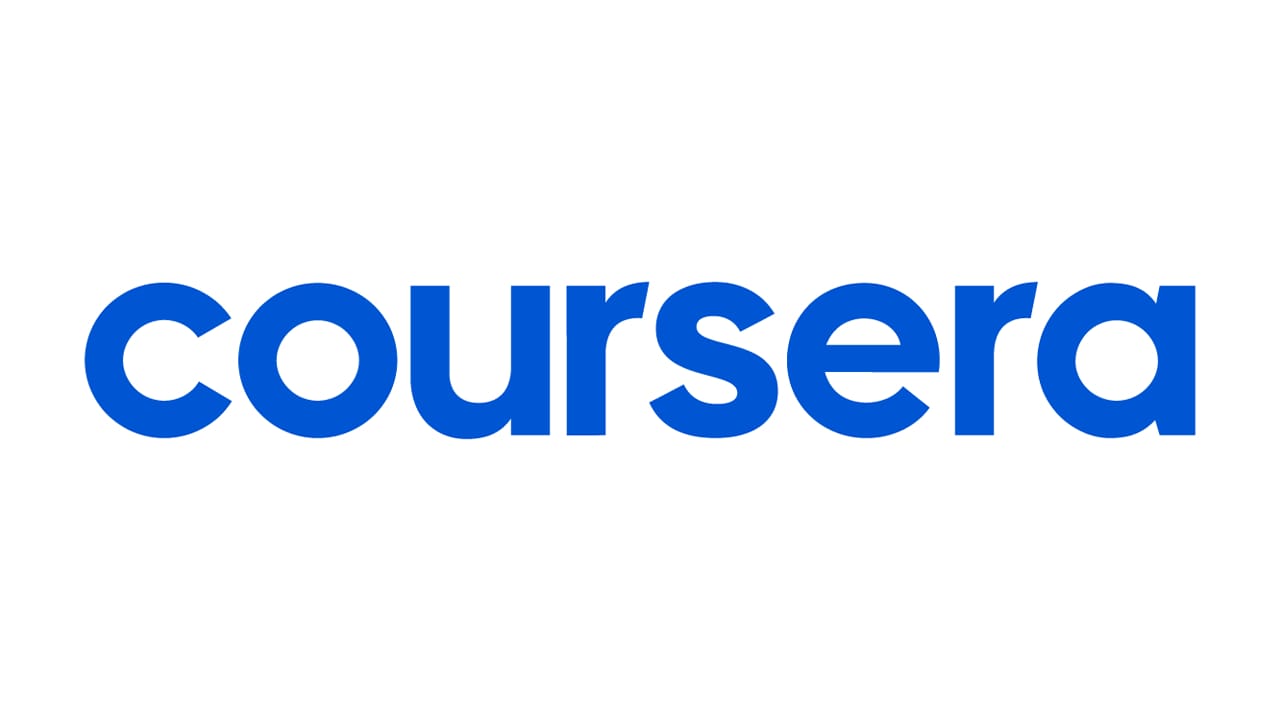Native Think is not a Google company. As Gemini can make mistakes, take time to double check results.
Perfecting Your Paper for Submission
Welcome back to Gemini: Academics, the foundational resource for scholars in the age of AI! In the last issue, we focused on refining our prose, using Gemini as a writing partner to make our arguments more eloquent and clear. Now that the body of our work is strong, it's time for the final, critical stage: preparing it for submission.
In this issue, we focus on citations and formatting. We'll explore how Gemini can help you correctly format bibliographies, understand the nuances of different citation styles, and reduce the tedious, time-consuming work that comes with finalizing an academic paper.
You've just finished writing a major research paper, and now you face the daunting task of creating a perfectly formatted bibliography with dozens of sources. You need to ensure every journal article, book, and web page is cited correctly in APA 7th edition, a process that is tedious and prone to small but costly errors. Instead of manually typing each entry, you simply paste your list of sources into Gemini and ask, "Please format this list of sources into a bibliography using APA 7th edition style. Ensure all entries are alphabetized and correctly formatted."
Gemini shines here because of its ability to process and apply complex, rule-based formatting systems with speed and precision. It can act as a powerful assistant, helping you quickly generate citations in various styles (like APA, MLA, or Chicago), check your work for consistency, and understand the specific requirements for each format. While you must always double-check the output for accuracy, Gemini can save you hours of manual labor, allowing you to focus on the content of your work.
Coursera
Certify Your Skills.
Leverage Google's own Professional Certificates and specialized courses to gain in-demand skills. Great for adding credentials to your CV or for professional development credits outside of the core academic track.
Putting Citation Styles to the Test
Your Gemini Task: Find a source you are using for a current project—a book, a journal article, or a reputable website. Gather the key information: author(s), publication year, title, and source (journal name, publisher, URL, etc.).
Ask Gemini (by providing the information): "I need to create a citation for a journal article. Here is the information: [Paste the author, year, title, journal name, volume, issue, and page numbers]. Please generate a citation for this article in both MLA 9th edition and Chicago 17th edition formats."
Observe how Gemini can quickly adapt the same information to fit the specific rules of different styles. This is incredibly helpful when working across different classes or disciplines.
Streamline the final stages of your writing process with this feature. Use Gemini to create a first draft of your reference list or works cited page, but always verify its output against a trusted source like the Purdue OWL or your university's style guide. It's a tool to accelerate your work, not replace your critical eye.
In This Publication
Gemini: Academics will bring you:
Strategies for leveraging Gemini in research, writing, and study.
Prompts tailored for academic tasks.
Discussions on ethical AI use in education.
Updates on Gemini’s capabilities relevant to students.
Next issue, we'll shift gears to oral presentations. We'll explore how Gemini can help you outline a compelling presentation, create effective speaker notes, and even practice your delivery.
Native Think
We’ve built a signal-only zone
Native Think is a premium publication for founders and high-level professionals. Because it is anonymous, it serves as a true safe harbor—a rare space where leaders can speak candidly, stress-test ideas, and share hard truths without the constraints of corporate optics or the oversight of HR.
Become a Founding Member. Start your one-month free trial today. Following the trial, the nominal subscription fee acts as the quality filter, ensuring the space remains free of bots and noise for serious peers.
Study smarter


